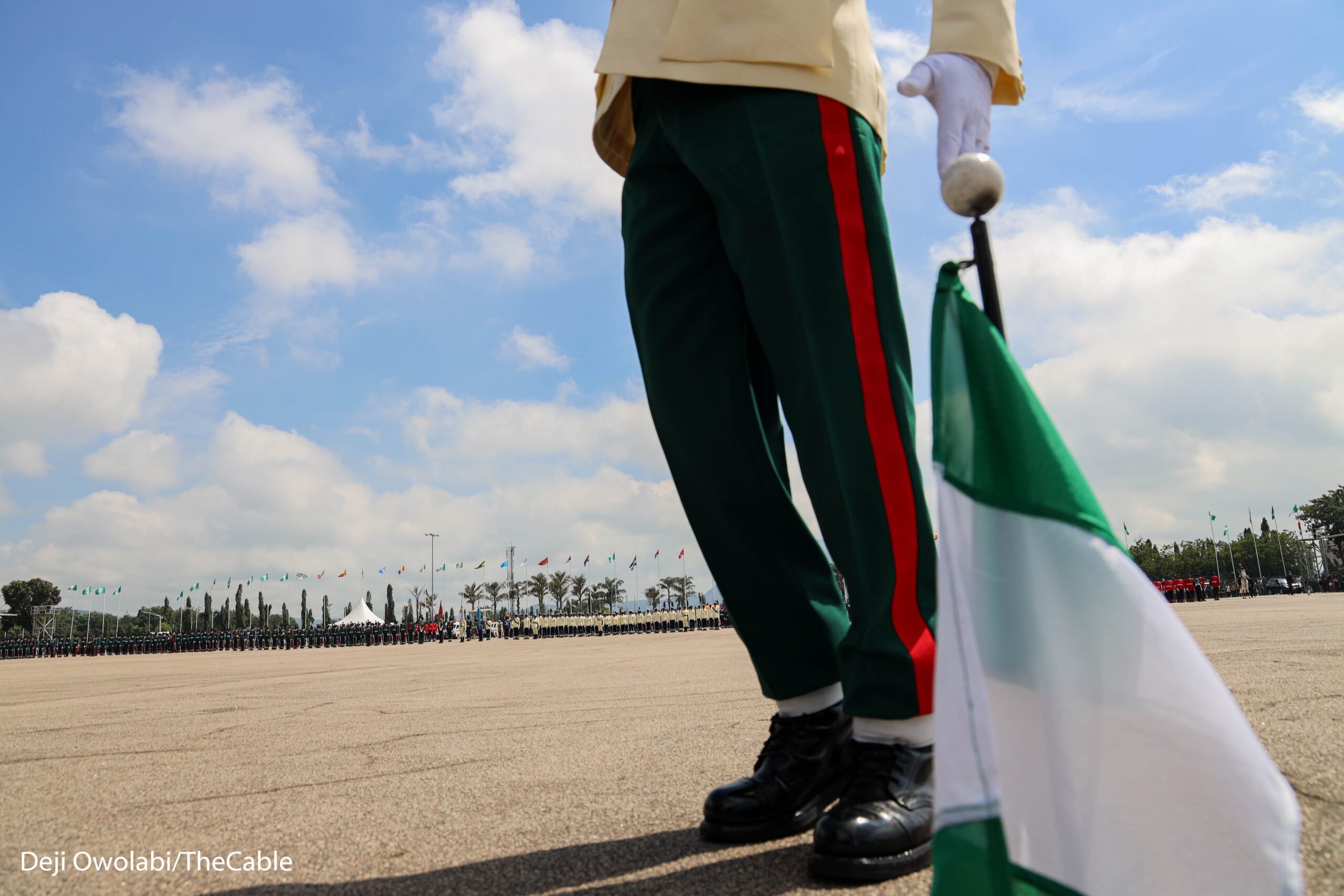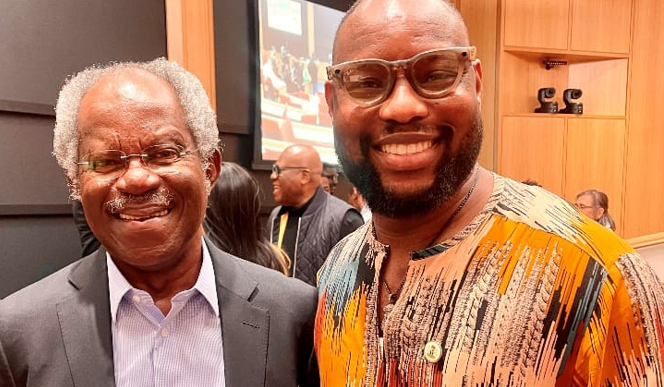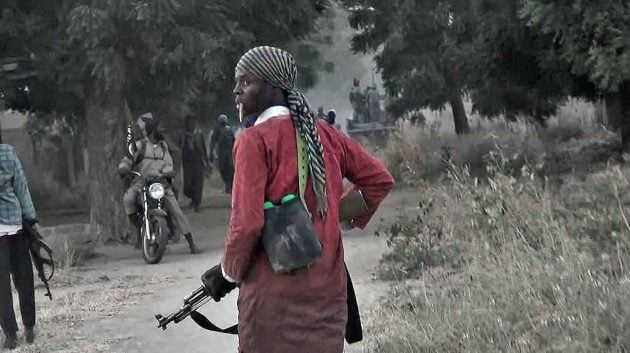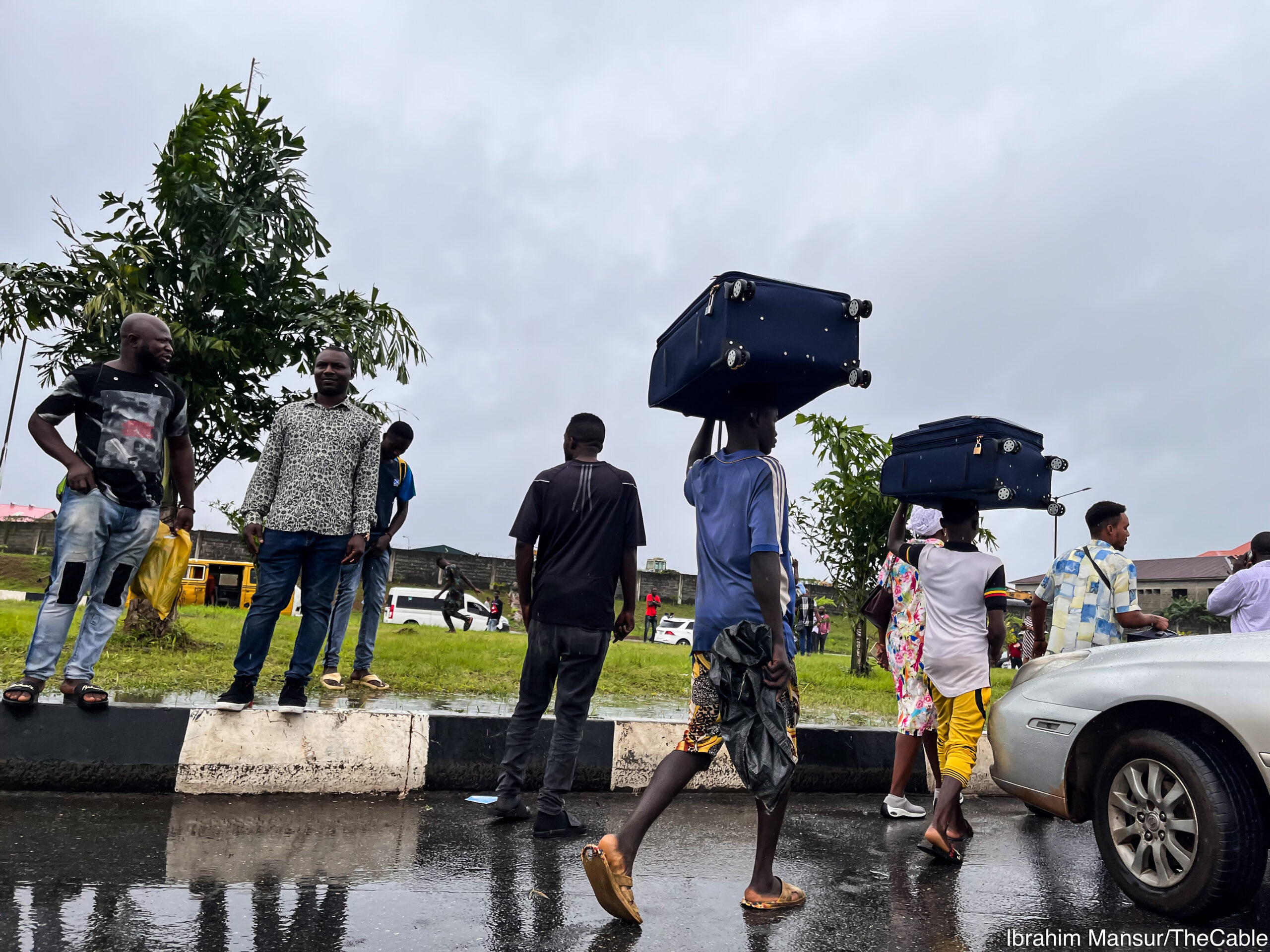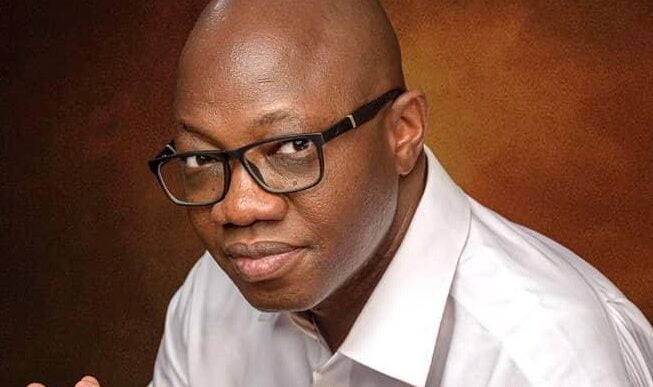BY AGBOR NDOMA AGBOR
There was once a country called Nigeria — a nation rich in history, culture, and resources, with a people known for their resilience, ambition, and audacity.
It was a country that held the promise of greatness, a beacon of hope for Africa and the world.
Yet today, that promise remains unfulfilled, buried under decades of corruption, poor leadership, and a broken system that has left millions disillusioned.
Advertisement
Nigeria gained independence in 1960 with high hopes. It had a booming agricultural sector, vast oil reserves, and a growing intellectual class.
Cities like Lagos and Kano were commercial hubs, attracting investors and positioning the country as a future economic powerhouse.
But beneath the surface, cracks were forming. Ethnic and religious divisions, exacerbated by colonial legacies, began to widen. The Biafran War (1967–1970) was the first major tragedy, a brutal conflict that took millions of lives and left lasting scars.
Advertisement
The war ended, but Nigeria never truly healed. The military took control, leading to years of dictatorship, censorship, and human rights abuses.
Oil, once seen as a blessing, became a curse. Instead of bringing prosperity, it fuelled corruption, enriching a few while the majority struggled.
Leaders came and went, promising change but delivering little. Democracy was restored in 1999, yet Nigerians soon realized that the problem was not just military rule but a deeper rot in attitude and governance.
The tragedy of Nigeria is not just in its leadership but in its lost potential. This is a country with immense human capital —brilliant minds, talented artists, innovative entrepreneurs.
Advertisement
Yet, millions of young Nigerians seek opportunities abroad, fleeing unemployment, insecurity, and a government that has failed them. The “japa” wave — mass emigration — reflects a generation that no longer believes in its own country.
Today, Nigeria faces multiple crises: economic instability, skyrocketing inflation, hunger and an ever-widening gap between the rich and poor. Basic amenities like electricity, water, healthcare, and education remain inadequate.
Insecurity is at an all-time high, with insurgencies, kidnappings, and communal clashes making daily life uncertain. The naira continues to lose value ($1=N1,524 as at today), and foreign investors are pulling out.
The people are hungry and angry, yet many feel powerless, trapped in a cycle of broken promises.
Advertisement
But is Nigeria’s fate sealed? History tells us that no nation is beyond redemption. Countries have fallen into chaos and risen again through collective action, strong institutions, and leadership with integrity.
The first step is accountability. Nigerians must demand more from their leaders, reject tribal and religious divisions, and work toward a system that rewards merit over nepotism and tribalism.
Advertisement
The youth, who make up a significant portion of the population (70%) must take ownership of their future, not through violence, but through civic engagement, activism, social mobilization and political participation.
There was once a country that could have led Africa into a new era of prosperity and stability. That country is still here, wounded but not beyond healing, robbed of value but not beyond recovery, captured but not beyond redemption.
Advertisement
The question remains: Will Nigeria’s people fight to reclaim their nation, or will they watch as its tragedy deepens? The answer lies in the hands of Nigerians themselves, for freedom is not given but taken.
Agbor Ndoma Agbor is Executive Director at CSAD and a regenerative sustainability specialist with a passion for good governance in Nigeria. He can be reached at [email protected]
Advertisement
Views expressed by contributors are strictly personal and not of TheCable.
